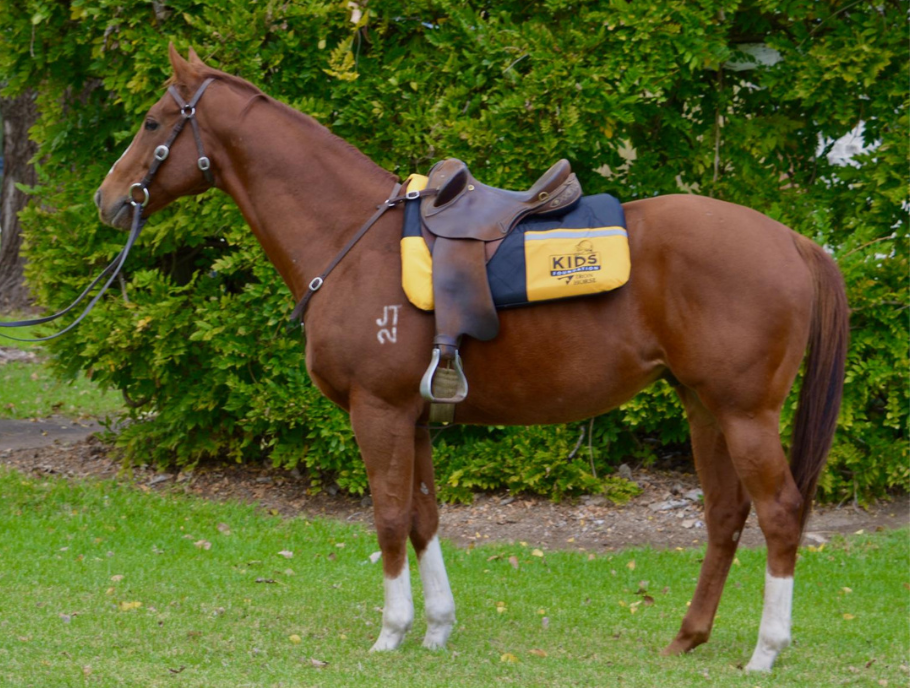
How To Identify Colic Before It’s Too Late
By Dr Carly Garling
The definition of “colic” in the horse is “abdominal pain” and there are many potential causes.
If a horse is displaying signs of colic, it is considered an emergency. It is important that a veterinarian is consulted immediately for both pain management and to give the horse the best chance of survival.
Most episodes of colic can be resolved with veterinary treatment, while others such as a compromised intestine (from blockage or impaction) may require surgery.
Research has shown that the sooner a horse with colic receives appropriate veterinary care, the better the prognosis is. That is why it is very important for owners to be able to recognise the symptoms of colic early and take appropriate action.
Anyone with a horse in their care, should be familiar with the horse’s behaviour so they can identify when he is acting differently. Buy a cheap stethoscope and thermometer to take the horse’s heart rate and temperature. Practice on the horse and be aware of what is normal.
Normal vital signs for a horse
Temperature: 37-38.5ºC.
Pulse/heart rate: 32-40beats per minute
Respiration: 36-44 breaths per minute
Gums: should be pink and moist to touch
Early signs of colic
There are many signs of colic, and a horse may display several or just one. The REACT acronym is an easy way to help remember them.
Restless or agitated
- Attempts to lie down
- Repeatedly rolling
- Unexplained sweating
- Box-walking or circling
- Repeated attempts to urinate
Eating less or droppings reduced
- Eating less or nothing
- Passing less or no droppings
- Changes in the consistency of droppings
Abdominal pain
- Flank watching/looking at belly
- Pawing
- Kicking at belly with hindleg
Clinical changes
- Increased heart rate
- Reduced or absent gut sounds
- Changes in the colour of gums
- Rapid breathing rate
- Skin abrasions over eyes
Tired or lethargic
- Lying down more and when asked to rise, will either be reluctant to rise, or lie down again soon after
- Lowered head position
- Dull and depressed – the horse may be less interested in you and his surroundings
Remember, the sooner you recognise colic in your horse, the better the outcome will be for him.
This short video from The British Horse Society may be helpful in better understanding Colic
Latest Horses
Team Thoroughbred Newsletter
Subscribe to Redzel’s Roundup, the Team Thoroughbred e-newsletter, and be the first to know about our special events and activities, receive important information from our equine welfare veterinarians, read good news stories, go into the draw for Team Thoroughbred giveaways and most importantly be part of a passionate community of Thoroughbred lovers!


